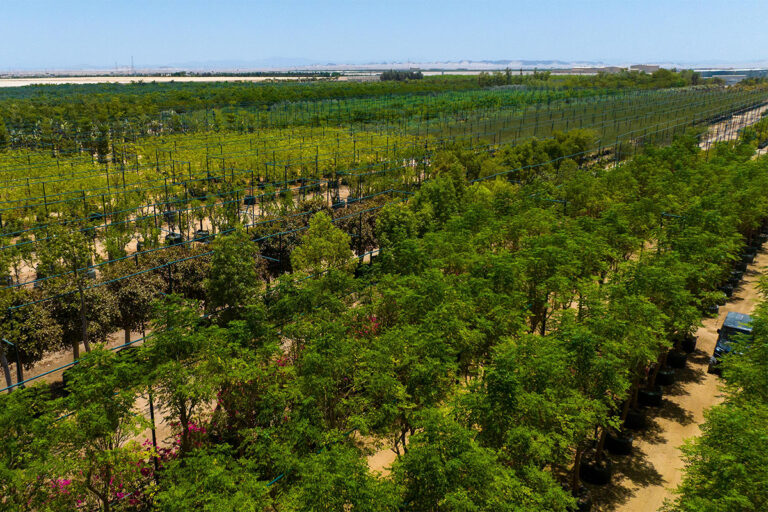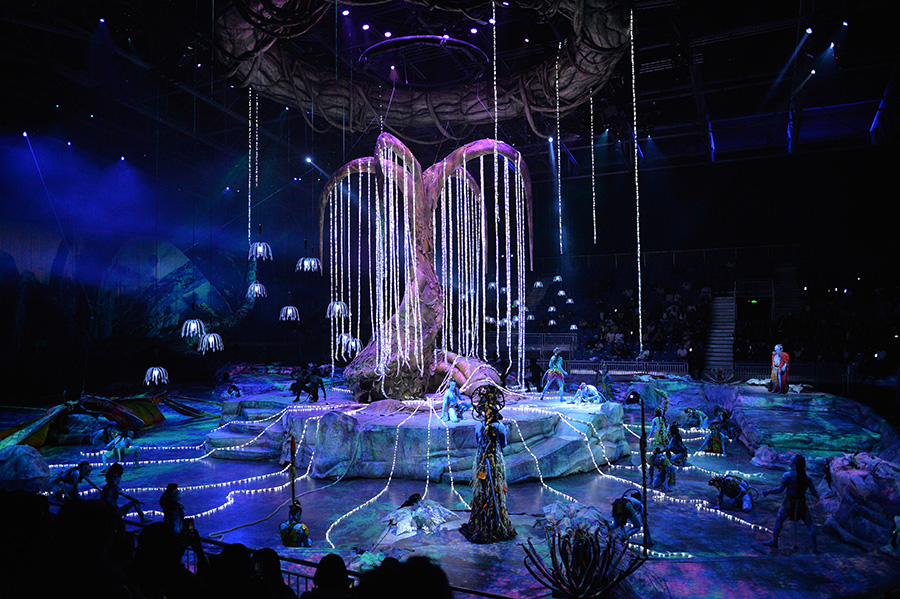
The arts and entertainment sector has a crucial part to play in the emergence of a more diverse, open and modern society in Saudi Arabia.
Not only will the leisure industry make a major contribution to economic growth and employment – it is expected to create more than 200,000 jobs by 2030 – but it will also enable Saudi citizens to explore other cultures and express themselves in new ways, helping to build create a more confident and outward-looking Saudi identity for the contemporary age.
As CEO of Saudi Arabia’s General Entertainment Authority (GEA), Amr Banaja is overseeing the growth of an industry that is in the driving seat of the social and economic transformation of the Kingdom.
Here he talks to Buzz about the high growth potential of the entertainment industry in Saudi Arabia and about how the GEA is helping new generations of artists and ordinary Saudis prosper in the entertainment economy.

How much pent-up demand is there for entertainment in Saudi Arabia?
For a long time, Saudis have not had access to many entertainment offerings in the Kingdom and had to travel outside for entertainment. 50% of foreign travel by Saudis is for entertainment purposes. Once we can offer entertainment to a world-class standard inside KSA we know there will be demand for it.
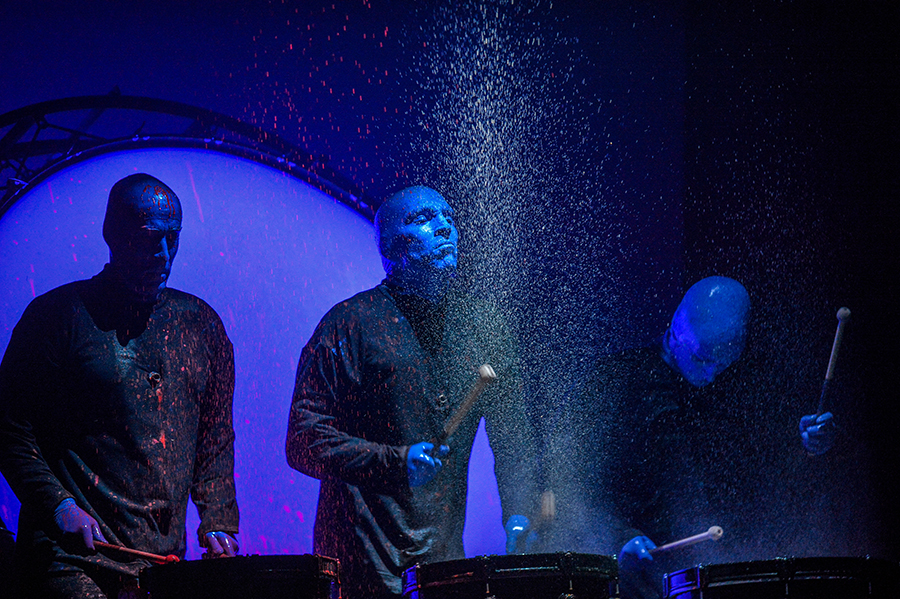
We are also opening our doors to international tourists coming in to see our heritage, entertainment, culture and sports. We have only had a few kinds of tourism coming in in the past. Religious tourism was one. We have a lot to offer: our terrain goes from sea to deserts to mountains, we have different climates and we have culture and heritage. We just need investment and the government is fuelling that so that we can achieve our visions.
Tell us more about the success of Saudi Seasons
As its name suggests, Saudi Season is a seasonal calendar of cultural, tourist and historical activities in several regions and cities of the Kingdom at different times of the year. The Saudi Seasons are aimed at transforming the country into one of the most important tourist destinations in the world.
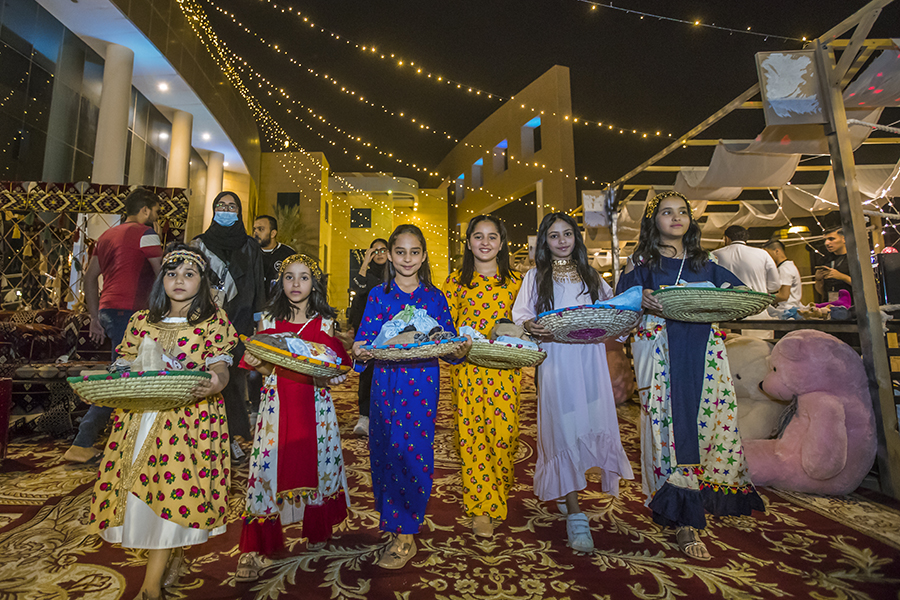
The idea came out of a collaborative effort from the tourism, sports, culture and entertainment authorities. GEA itself is heading two seasons: the Riyadh Season and the National Day Season. The National Day Season will be four days of activities. The Seasons are fantastic platforms to create internal tourism.
“We want to discover the Saudi graffiti artists, musicians, writers and composers”
Amr Banaja, CEO, General Entertainment Authority (GEA) of the Kingdom of Saudi Arabia
How do sporting events such as Formula E contribute to the Seasons?
Formula E was a great way to use a sporting event to showcase to the world our local culture by creating a Season around it. The first time we hosted Formula E it was a three-day event with a family zone, concerts and a cultural village. Next year the Season will grow and include other activities, such as boxing.
What is the role of the GEA in expanding the entertainment sector?
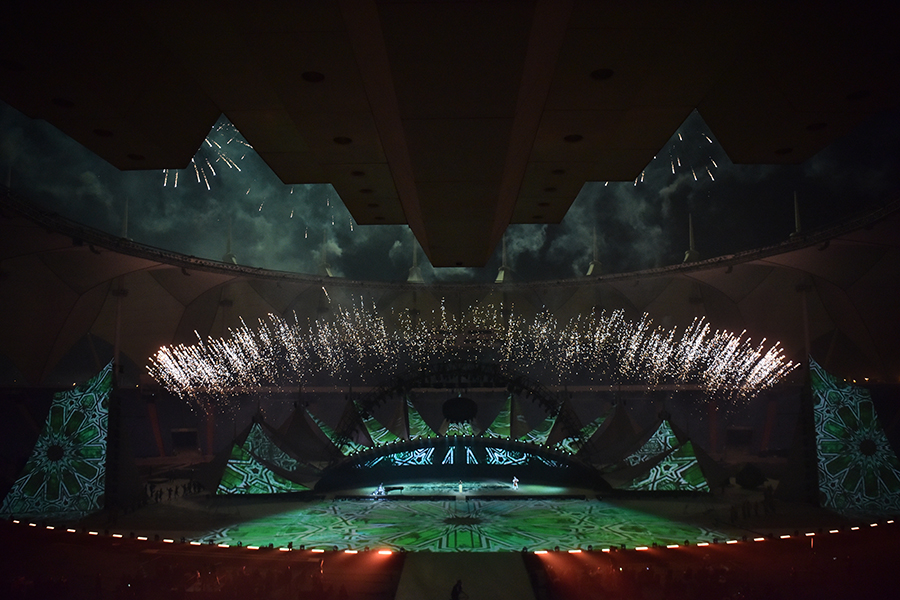
As well as the usual licensing and standard-setting tasks of a regulator, because we are a new industry we are also tasked with promoting and subsidizing. On the promotional side we are marketing the sector to local investors and creating international outreach. We are promoting the sector to international and local greenfield investors across the full spectrum of offerings: events, amusement parks, water parks, music, technology, gaming, virtual reality.
A major part of our efforts in infrastructure and capability building is training and development. We have a huge program to develop local talent which involves scholarships to study abroad and internships with international and local partners.
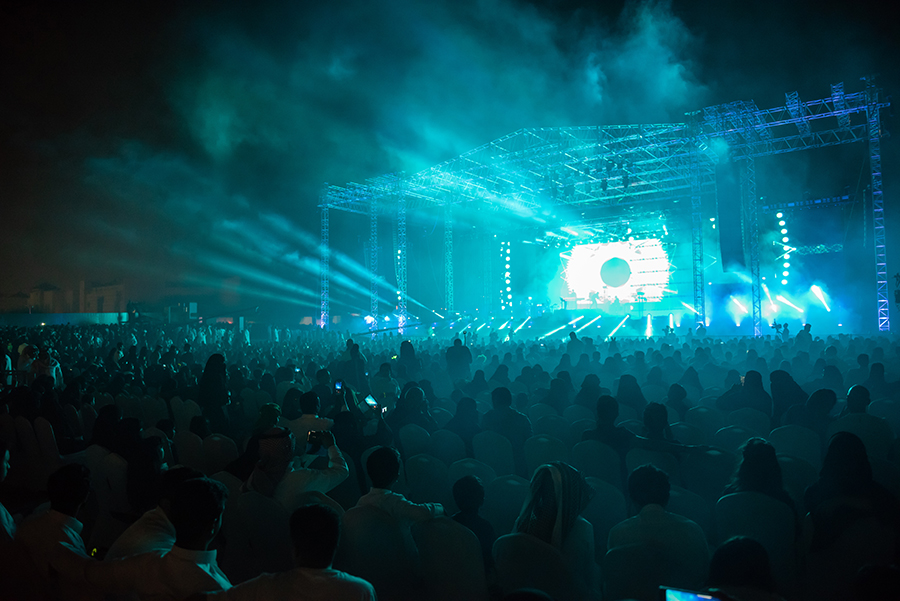
What else is GEA doing to support local talent?
Capability building is our biggest challenge. The demand is there so we focus on the supply side. Once we grow the supply chain and the talent, we will be able to meet demand and drop subsidies.
For example, we have large program to scout talent called GEA Challenges. The talents compete and we send them abroad to develop their skills. We want these artists to meet each other, so we are organising boot camps to bring them together and start to create a community. We will reach a point where you will see things being exported from here rather than imported. People are hungry to see Arabian culture. In the future we will have Saudi arts and culture exhibitions and artists touring the world.
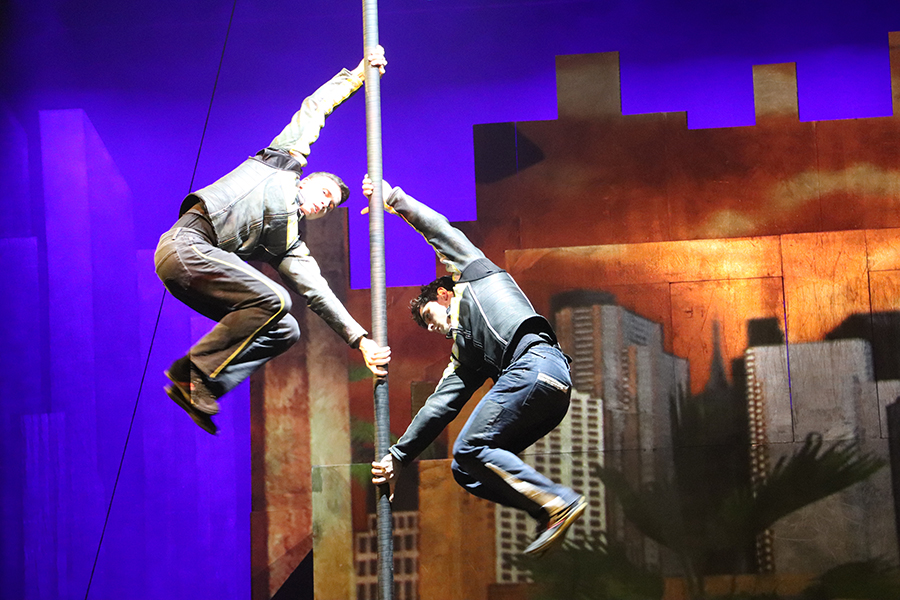
At GEA we also work very closely with Qiddiya, the giant entertainment city that will be built just outside Riyadh. The scholarship students we support are also guaranteed a job at Qiddiya when they come back. We work together to make sure the students have the necessary skill sets.
Training talent is the most important of the GEA’s job but there is no instant gratification – it is about the long-term result. This is what excites me. This is what will build our economy.
What do you think will be the social impact of the growth of the entertainment sector in KSA?
We are going back to where we used to be. We are going back to modernism. There are a lot of things we had here in the 70s that were taken away from us for 30 years. We are bringing them back. 60% of the population is under 30 and they are regularly travelling the world. They want that entertainment in their own country. This will generate a significant social impact.
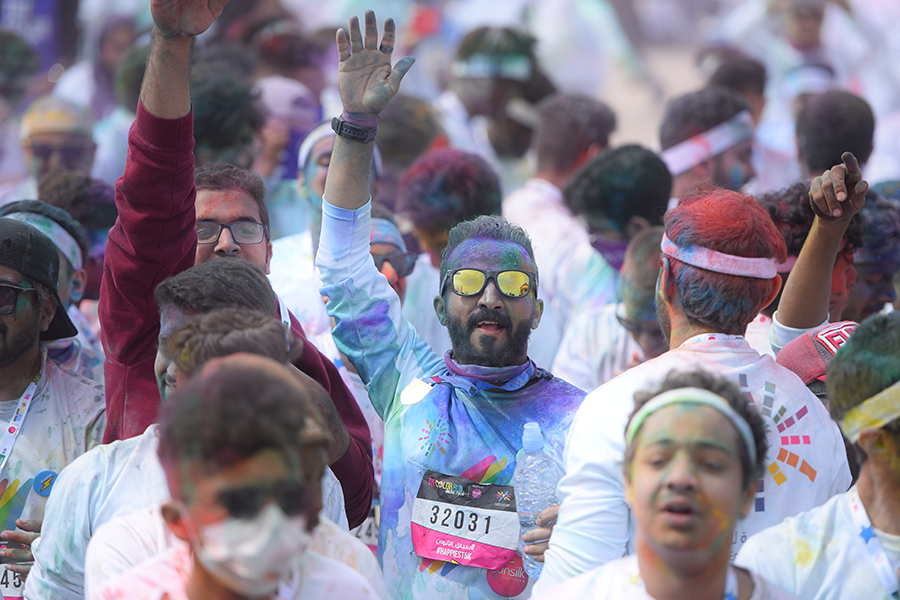
Saudi Arabia before was not an open country for foreigners to come in, but we are a very welcoming society. Once you are here you will find that our doors are open. The entertainment industry will give us a great opportunity to show the world what Saudi Arabia is really about, which has been hidden from the world for too long![]()






